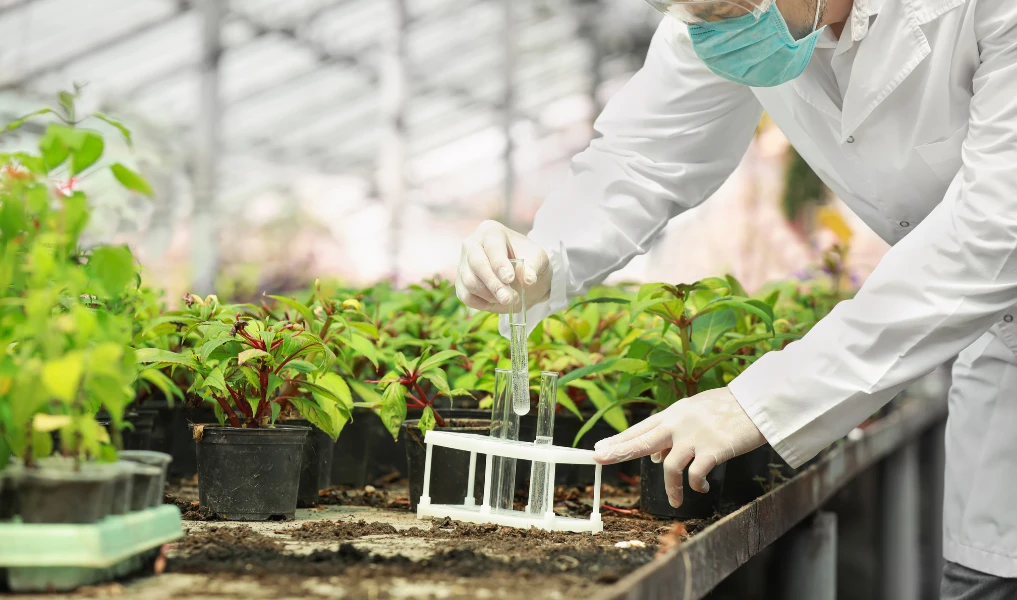Agriculture is the backbone of human civilization, providing food, raw materials and economic opportunities worldwide. As the global population rises and climate change presents new challenges, traditional farming methods alone are no longer sufficient. This is where agricultural engineering plays an important role. By combining technology and biological sciences, agricultural engineers develop innovative solutions to improve efficiency and productivity in farming.
What is Agricultural Engineering?
Agricultural engineering is a multidisciplinary field that applies mechanical, electrical, civil and chemical engineering principles to solve agricultural problems. It involves designing and developing machinery, irrigation systems, soil management techniques and sustainable farming practices to enhance crop and livestock production. Agricultural engineers work at the intersection of technology and agriculture, developing solutions that help farmers optimize resources.
Agricultural engineering covers several critical areas that impact both small-scale and industrial farming. Some of the most important fields include:
1. Farm Machinery and Equipment
One of the major focuses of agricultural engineering is developing and improving farm machinery to make farming operations more efficient. This includes designing tractors, plows, harvesters, seeders and drones that help farmers maintain and harvest crops with greater precision. Modern advancements in automation and robotics have led to the development of self-driving tractors and robotic harvesters that can detect and remove weeds without human intervention. These innovations reduce labor costs and increase productivity.
2. Irrigation and Water Management
Water is a critical resource in agriculture and managing it efficiently is essential for sustainable farming. Agricultural engineers develop smart irrigation systems that use sensors and data analytics to deliver the right amount of water to crops at the right time. Techniques such as drip irrigation and sprinkler systems help minimize water wastage while ensuring crops receive adequate hydration. Engineers design rainwater harvesting systems and desalination plants to provide alternative water sources for farming in water scarce regions.
3. Soil and Land Management
Healthy soil is the foundation of productive agriculture. Agricultural engineers work on soil conservation techniques, such as contour plowing, terracing and crop rotation to prevent soil erosion and degradation. The development of soil sensors allows farmers to monitor soil moisture, nutrient levels and pH in real-time enabling them to make data-driven decisions on fertilization and irrigation. Precision agriculture techniques also help reduce excessive use of chemical fertilisers and preserving soil health while reducing environmental impact.
4. Renewable Energy in Agriculture
Sustainable farming practices increasingly rely on renewable energy sources such as solar energy, wind energy and bioenergy. Agricultural engineers design and implement solar-powered irrigation systems to reduce reliance on fossil fuels, biogas plants that convert organic farm waste into energy and wind turbines to power agricultural operations in rural areas. These technologies reduce farming costs while making agriculture more eco-friendly.
Conclusion
Agricultural engineering is revolutionizing modern farming by integrating cutting edge technology with traditional agricultural practices. Engineers are finding new ways to make agriculture more productive, sustainable and efficient. With continuous innovation, agricultural engineering will play a crucial role in feeding the world’s growing population while protecting the environment. The future of farming is smarter and greener, thanks to agricultural engineering.





Leave A Comment